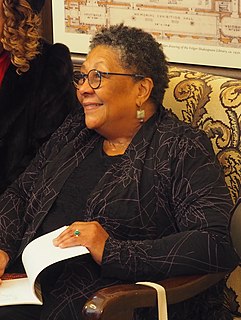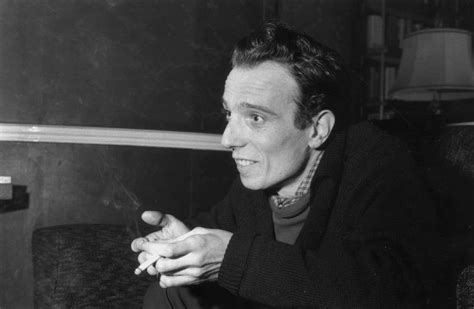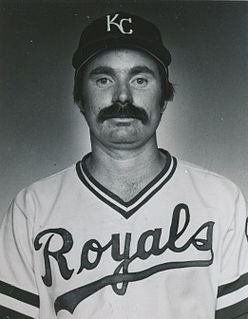A Quote by Marilyn Nelson
Many performance poets seem to believe that yelling a poem makes it comprehensible. They are wrong.
Related Quotes
I've always been more than a little mystified by poets who seem to think talking to people as directly as possible is a bad thing. I mean, I don't want to set up a straw man here: I understand that for many poets - and for me, at times - writing truly means writing in a way that is difficult, simply because the poem is trying to grasp for something elusive. So the difficulty of the poem is just unavoidable, and not in any way artificially imposed. So "as possible" is the key part of the phrase above, I suppose.
The art of the poem nowadays is something unstable; but at least the construction of the poem should make sense; you should know where you stand. Many questions haven't been answered as yet. Our poets may be wrong; but what can any of us do with his talent but try to develop his vision, so that through frequent failures we may learn better what we have missed in the past.
It's difficult to put your own bare ass out on the limb every time you sit down to write a poem. But that's really sort of the ideal. Because if we don't discover something about ourselves and our world in the making of a poem, chances are it's not going to be a very good poem. So what I'm saying is that a lot of our best poets could be better poets if they wrote less and risked more in what they do.







































